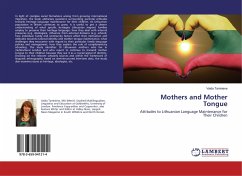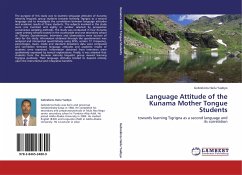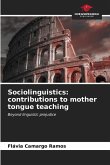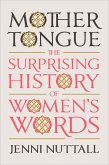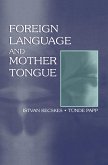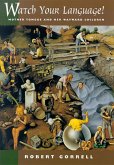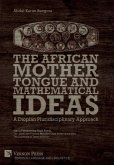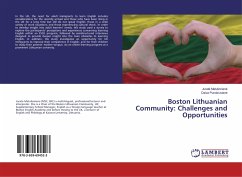In light of complex social formations arising from growing international migration, the book addresses questions surrounding parental attitudes towards heritage language maintenance for their children. As Lithuanian population in Britain continues to grow, it is useful to get a clearer understanding of what specific strategies Lithuanian migrant families employ to preserve their heritage language; how they deal with internal pressures (e.g. ideologies), influence from external domains (e.g. school); how individual, family and community factors affect their motivation and attitudes towards national identity and mother tongue maintenance; what challenges they encounter with regard to their particular family language policies and management; how they explain the role of complementary schooling. The study identifies 10 Lithuanian mothers who live in multicultural London and who report to continue to transmit mother tongue to their children because they see it as a crucial signal of identity. Drawing on the relevant scholarly sources and within the framework of linguistic ethnography, based on semi-structured interview data, the study also examines issues as heritage, ideologies, etc.
Bitte wählen Sie Ihr Anliegen aus.
Rechnungen
Retourenschein anfordern
Bestellstatus
Storno

